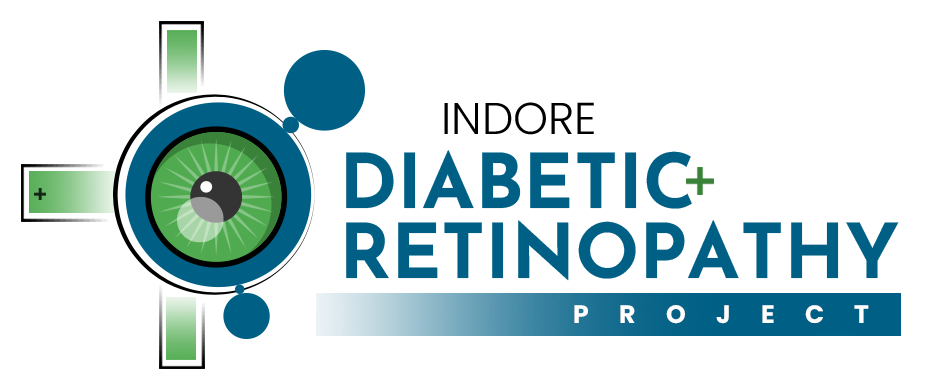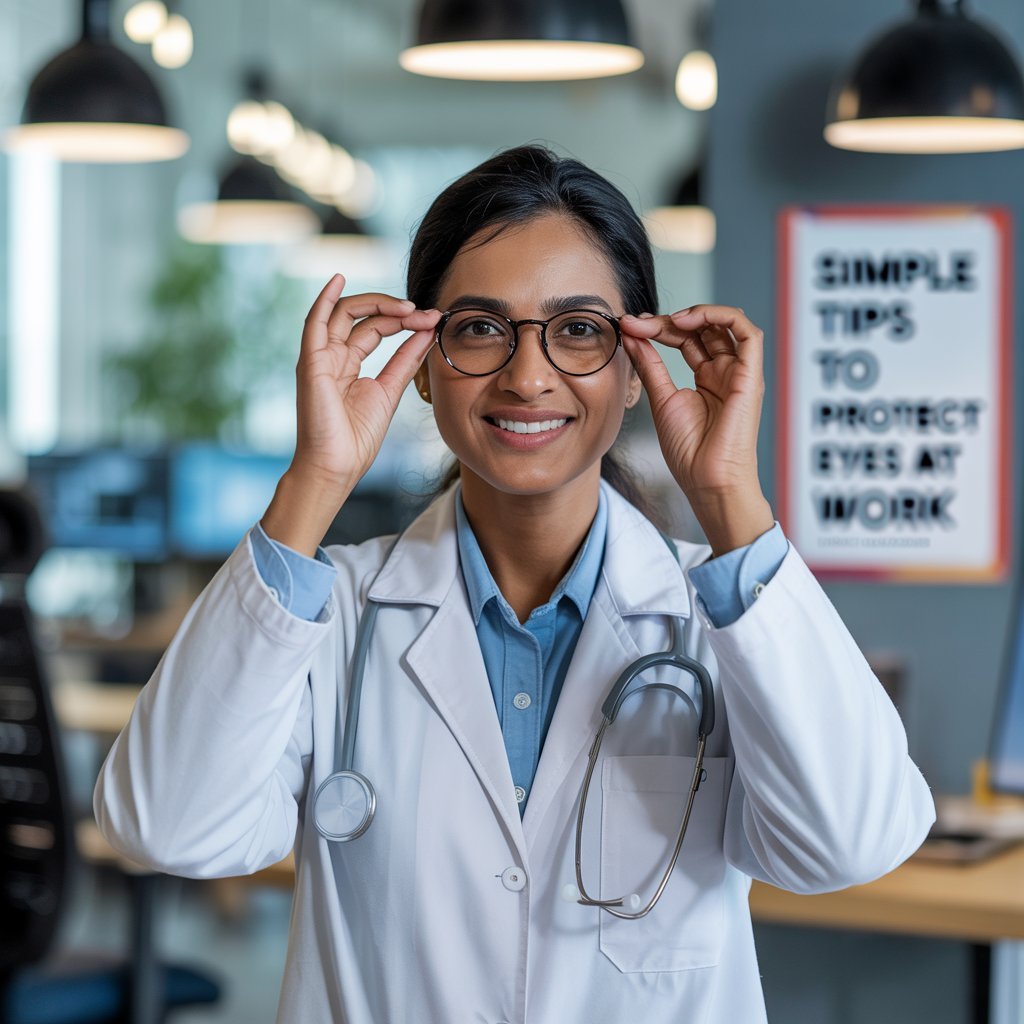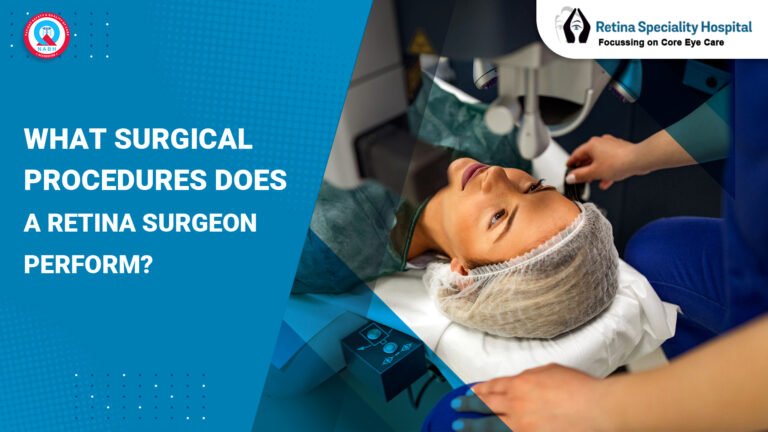Are Screens Taking a Toll on Your Eyes?
If you spend hours each day in front of a computer, phone, or tablet, you’re not alone—and neither is that uncomfortable eye strain you’re feeling by lunchtime. Blurry vision, dry eyes, and headaches have become the new normal for many office workers, students, and professionals.
At our eye care hospital in Indore, we often hear from patients who didn’t realize how much screen time was affecting their vision until the symptoms became hard to ignore. The good news? A few simple habits can help protect your eyes and boost your comfort at work.
In this post, we’ll share practical, science-backed tips that you can start using today—straight from our experience at the top eye hospital in Indore.
Why Screen Time Affects Your Eyes
Screens force our eyes to work harder. When we stare too long, we blink less, focus intensely, and expose ourselves to blue light—leading to a condition called digital eye strain (also known as Computer Vision Syndrome).
Common symptoms include:
- Eye fatigue or discomfort
- Dryness and irritation
- Blurry or double vision
- Headaches
- Neck and shoulder pain
These might seem minor at first, but over time, they can reduce productivity and affect your overall well-being.
1. Follow the 20-20-20 Rule
This is one of the easiest ways to reduce eye fatigue:
Every 20 minutes, look at something 20 feet away for 20 seconds.
Set a timer if you need to at first—it becomes a habit surprisingly fast. Your eyes will thank you.
2. Optimize Your Screen Settings
Take a few minutes to adjust your screen. It makes a huge difference.
Tips:
- Match screen brightness to your surroundings.
- Increase font size to reduce squinting.
- Use “Night Mode” or a blue light filter, especially after dark.
Many of our patients at the top eye hospital in Indore reported reduced eye strain after making just these small changes.
3. Improve Your Workspace Ergonomics
Poor posture and screen positioning don’t just hurt your back—they hurt your eyes too.
Best practices:
- Keep your monitor at eye level, about 20–25 inches away.
- Use a document holder if you’re reading papers.
- Adjust lighting to reduce screen glare.
This tip alone helped one of our patients, a content writer, cut their daily headaches in half.
4. Stay Hydrated & Blink Often
We blink up to 60% less when using screens. That’s a recipe for dry, tired eyes.
Quick fixes:
- Keep a water bottle at your desk.
- Consciously remind yourself to blink.
- Use lubricating eye drops if needed (talk to a doctor first).
At our eye care hospital in Indore, we also recommend using a humidifier in dry office environments.
5. Consider Blue Light Glasses
Blue light-blocking lenses can help filter out the high-energy light that contributes to fatigue and sleep disruption.
They’re especially helpful if:
- You work late hours or use devices before bed.
- You already wear prescription glasses.
Ask your eye specialist whether blue light lenses are right for you.
6. Don’t Ignore Warning Signs — Get an Eye Exam
If your symptoms don’t go away—or get worse—it’s time to see a professional.
At the top eye hospital in Indore, we offer:
- Detailed eye exams
- Screen-specific lens solutions
- Treatment for digital eye strain and dry eye syndrome
Prevention is always better than cure, especially when it comes to your eyes.
📋 Quick Recap: Eye Protection Tips for Screen Users
✅ Use the 20-20-20 rule
✅ Adjust brightness and text size
✅ Set up your workspace ergonomically
✅ Blink more and stay hydrated
✅ Try blue light filtering glasses
✅ Visit a specialist if needed
FAQ: Screen Time & Eye Health
Q: Can looking at screens all day damage my eyesight permanently?
A: Not usually—but it can lead to long-term discomfort and vision problems if left unmanaged.
Q: How do I know if I need blue light glasses?
A: If you experience frequent headaches, dry eyes, or sleep issues after screen use, they might help. Consult your eye doctor.
Q: How often should I get my eyes checked?
A: At least once a year, or more frequently if you use screens extensively or already wear glasses.
Final Thoughts
Protecting your eyes doesn’t have to mean overhauling your routine. With a few mindful tweaks, you can stay productive and comfortable—even in a screen-heavy work environment.
If you’re experiencing eye strain or want personalized advice, schedule a visit with the team at our eye care hospital in Indore. As the top eye hospital in Indore, we’re here to help you keep your eyes healthy, focused, and sharp—no matter how many hours you spend in front of a screen
Ready for clearer vision and healthier eyes?
Book your consultation today with Retina Specialty Hospital












